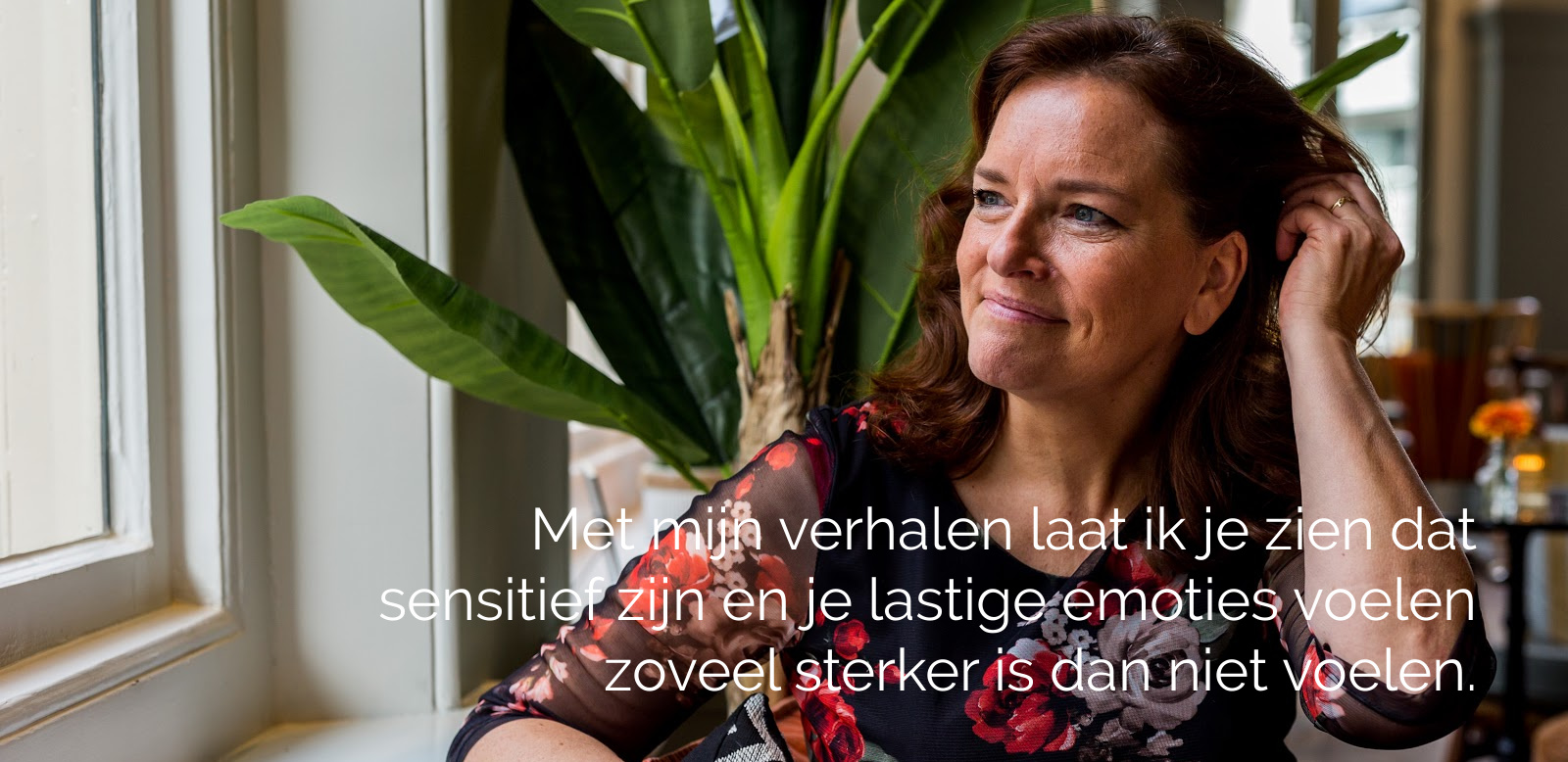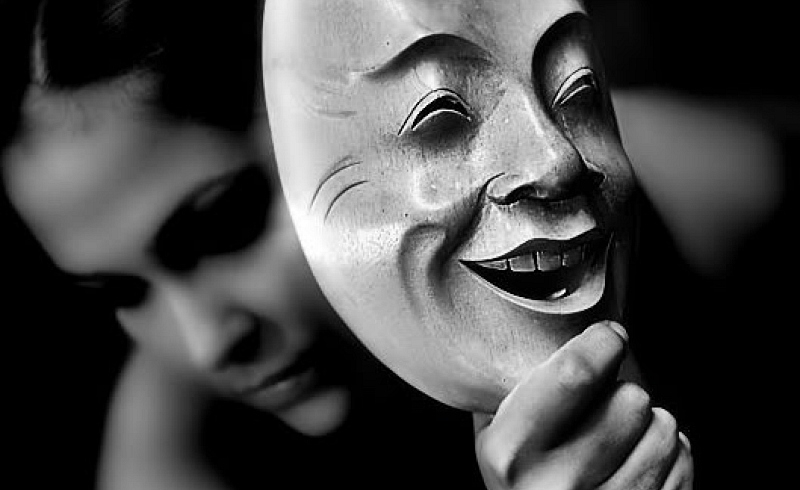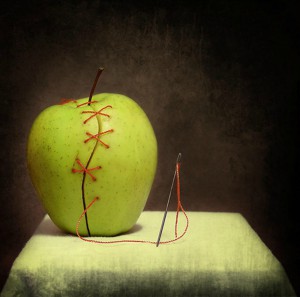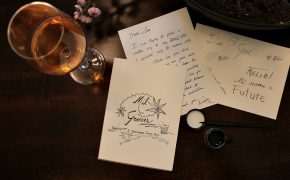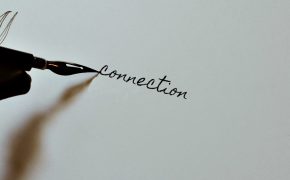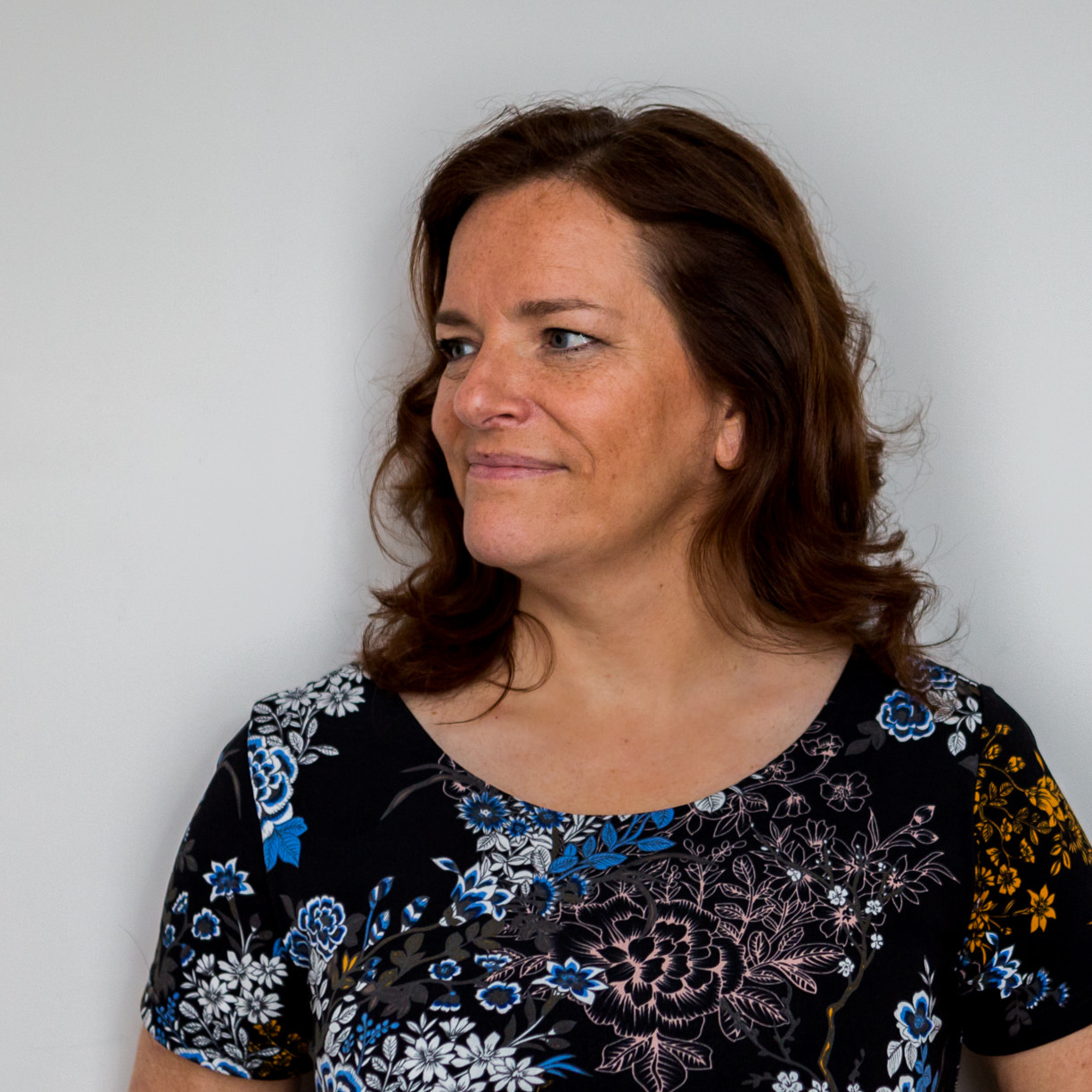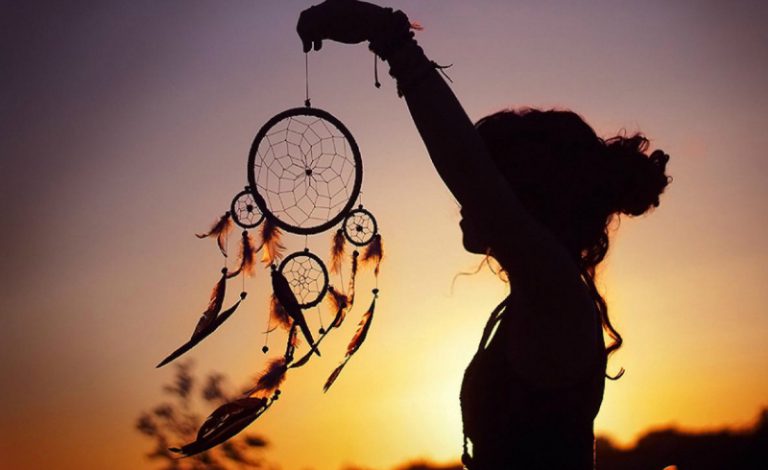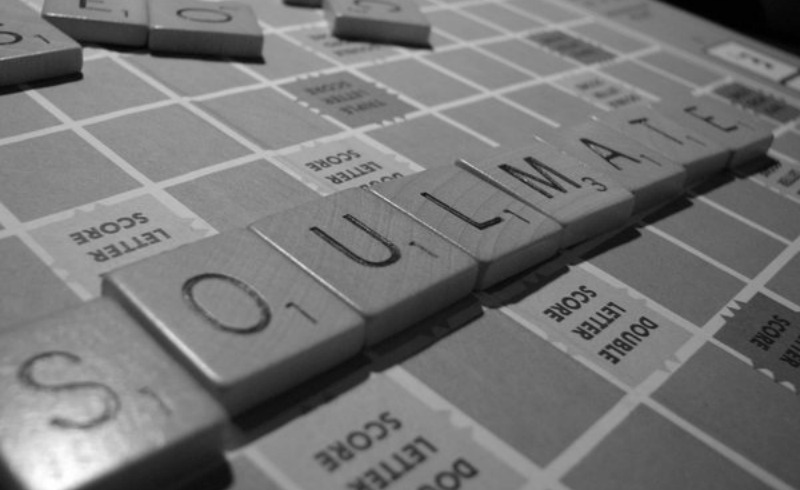Drop the mask
I like flaws, in people and in things. I like the little cracks, dents and rifts. Frayed clothing that has been worn so many times. A book that has been read so often you can tell by the tattered pages. A face with lines and wrinkles. Why? Because they tell stories. They reveal stuff from deep within. Stories about long and intense periods, about courage and about perseverance. Most of all, stories about love. Stories about being real. I like flaws. I think they make both things and people beautiful.
That’s why I wonder, is something beautiful also real? Or is something that’s real, even more beautiful?
Perfect
Why do we have this inclination to make everything appear more beautiful? Why do we struggle with making mistakes and admitting to them? Our tendency to behave different to who we really are? Our thirst for shiny things and the most perfect faces and bodies. Our craving for perfection.
Is it a longing for happiness in our lives? A wish to experience more optimism? An inclination to be better than the other person? Or is it an escape and we find it difficult to accept that things don’t always go the way we want them to be? Our avoidance of the unpleasant emotions like shame or guilt? A survival strategy or protection? Or is it a true desire for growth and expansion?
Please, don’t get me wrong. I am pro happiness and enjoying your life. I am an optimist by nature and I’m always looking for solutions and finding ways to make things better. But come on, we do go to extremes with this. Does it always have to be so perfect? And, does that make it beautiful?
According to the dictionary, the meaning of perfect is complete. What makes you complete?
Is complete the same as being without flaws or troubles? Or is complete’ being whole’?
Are you complete when there is nothing wrong in your life? When you pretend that nothing can hurt you? When everything in your life seems to be immaculate and untarnished?
Or, are you complete when you express that you live your life? That you’ve known both the nice experiences and the setbacks. That you lived through them and came out with some scars but that you’re still here.
Drop the mask
I like watching TV shows as ‘Challenge Day’, where high school students are being asked to talk with each other and fully express who they are. Recently they started a new show in The Netherlands, especially for adults. Both programs show beautiful human beings.
Human beings like you and me. People who go through a lot of things in their lives, sometimes great and sometimes really tough. That they stand up and talk about themselves I find really brave but most of all it’s beautiful to watch them.
But for me the most beautiful part is the end of the show.
Then I see a whole different group of human beings standing there.
Where in the beginning they seem aloof and unresponsive, at the end of the show they’ve opened up to the world around them. Where in the beginning they come across as cold and distant, at the end I see kind and warmhearted human beings.
At the end of the show I see people who I can and want to connect with. Because they dropped their mask and show all that they are, including their flaws, dents, bruises and scars.
That isn’t vulnerable. Right then and there they are the most powerful people for me. Then I see human beings full of strength. Open, kind, sympathetic and most of all, real. That’s what makes them so beautiful.
Real is beautiful
In Japanese there is a word called ‘kintsugi’. It means ‘to repair with gold’. It is the art of repairing pottery with gold or silver lacquer and understanding that because something is broken there’s no need to throw it away. It still deserves our attention and our respect. It is understanding that the piece is more beautiful for having been broken.
Drop the mask. It’s much more real. It is, much more beautiful.
Copyright picture: George Rustchev


